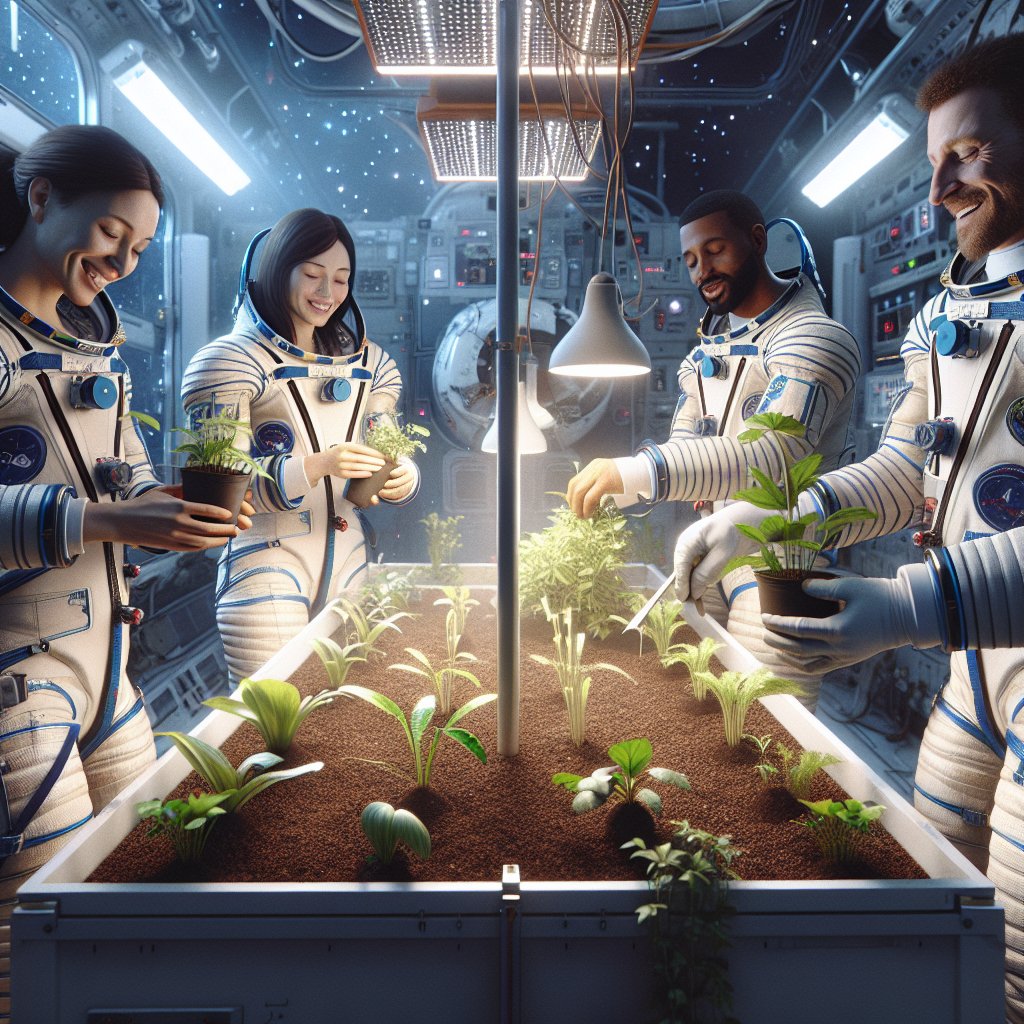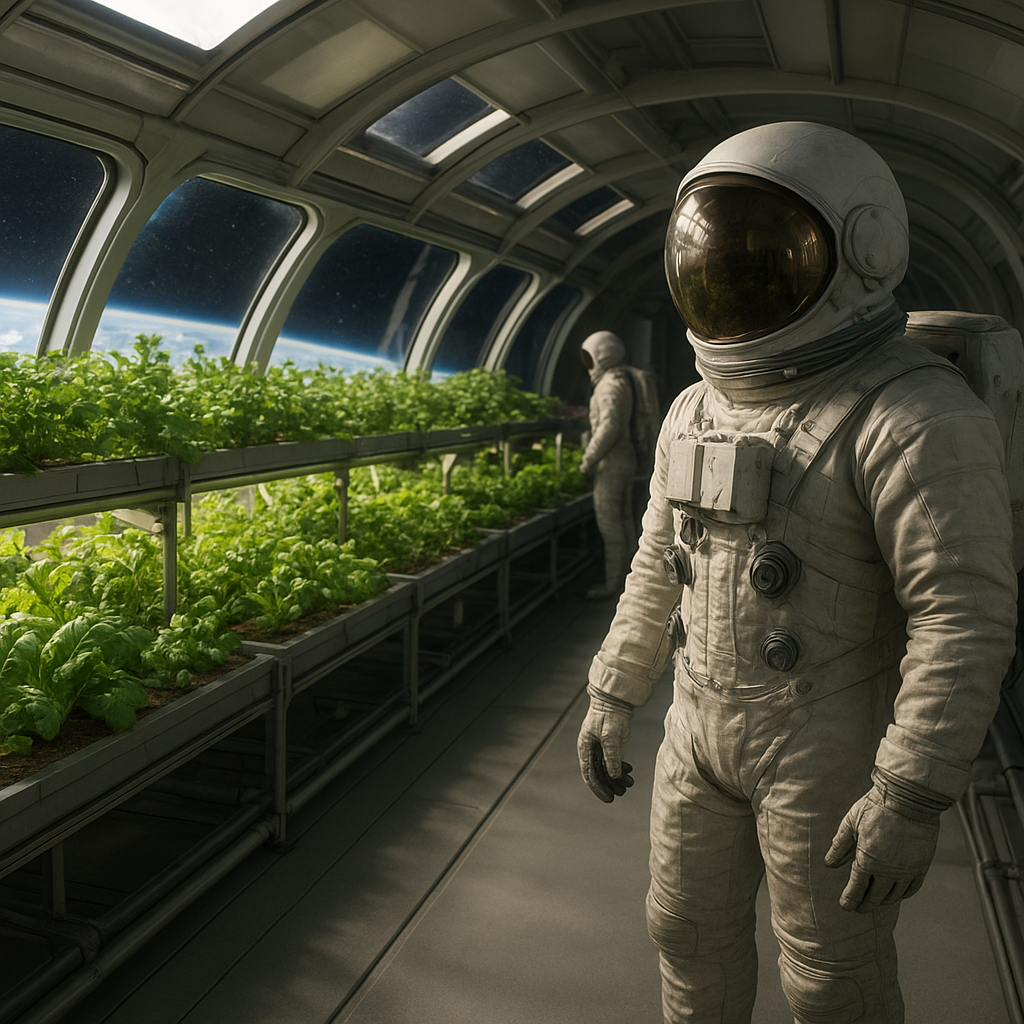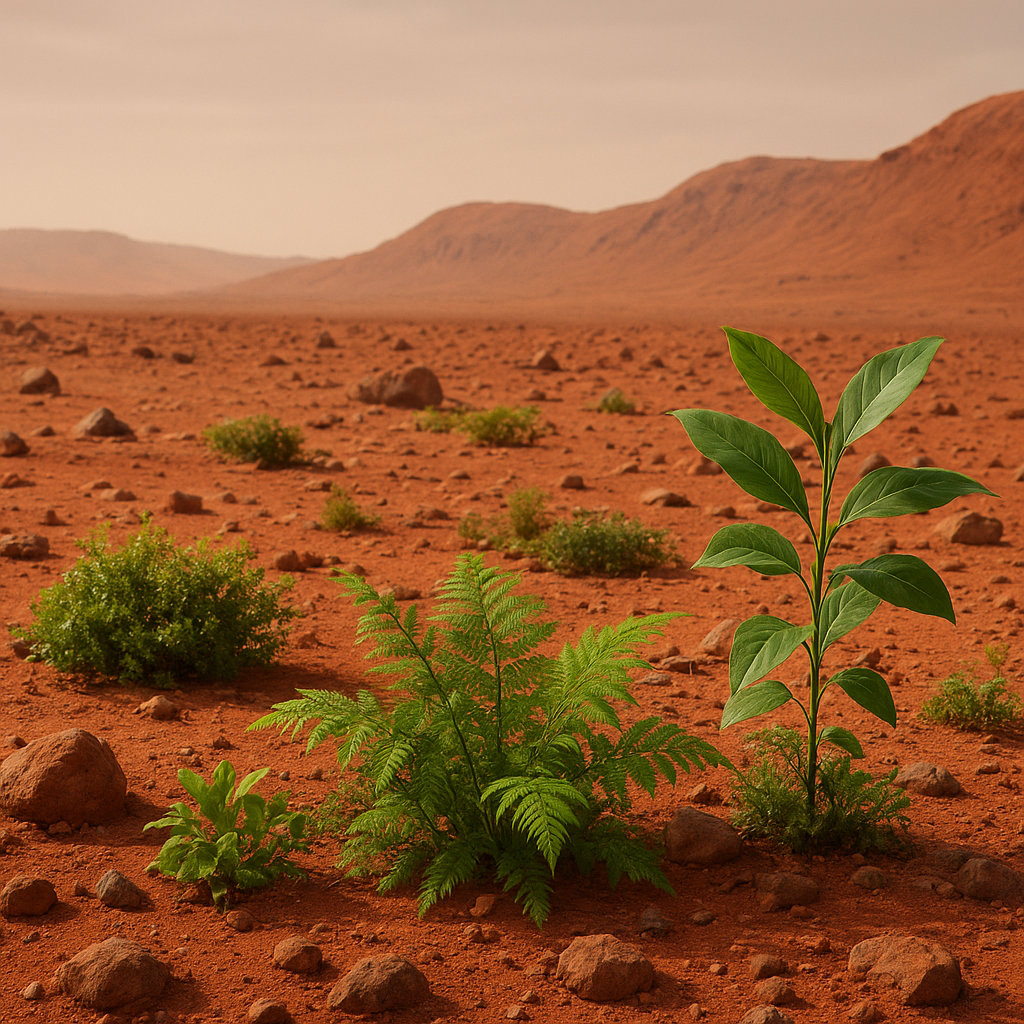The psychological benefits of farming for astronauts are becoming increasingly relevant as space exploration continues to advance. As missions to Mars and beyond are planned, the need for sustainable food sources and mental well-being in isolated environments has never been more critical. This article explores the intersection of agriculture and space travel, highlighting how farming can serve as a therapeutic activity for astronauts while also addressing the practicalities of food production in extraterrestrial settings.
The Importance of Mental Health in Space Exploration
Space missions, particularly those that extend for long durations, pose significant psychological challenges for astronauts. The isolation, confinement, and distance from Earth can lead to feelings of loneliness, anxiety, and depression. Research has shown that maintaining mental health is crucial for the success of space missions, as psychological well-being directly impacts performance, teamwork, and overall mission outcomes.
One of the most effective ways to combat these psychological challenges is through engaging in meaningful activities. Farming, or the act of cultivating plants, can provide astronauts with a sense of purpose and accomplishment. The act of nurturing plants can also serve as a form of mindfulness, allowing astronauts to focus on the present moment and reduce stress levels.
Farming as a Therapeutic Activity
Engaging in farming activities can have several psychological benefits for astronauts. Here are some key aspects:
- Connection to Earth: Farming allows astronauts to maintain a connection to their home planet. The act of growing plants can evoke feelings of nostalgia and remind them of their lives on Earth, which can be comforting in the vastness of space.
- Routine and Structure: Establishing a farming routine can provide astronauts with a sense of normalcy and structure. This can be particularly important in the unpredictable environment of space, where daily schedules can often be disrupted.
- Creativity and Problem-Solving: Farming requires creativity and problem-solving skills, which can stimulate the mind and keep astronauts engaged. Overcoming challenges related to plant growth in a controlled environment can foster a sense of achievement.
- Physical Activity: The physical aspect of farming, such as planting, watering, and harvesting, can help astronauts stay active. Physical activity is known to release endorphins, which can improve mood and reduce feelings of stress.
Practical Applications of Farming in Space
Beyond the psychological benefits, farming in space has practical implications for long-duration missions. As astronauts venture further from Earth, the need for sustainable food sources becomes paramount. Traditional methods of food supply, such as resupply missions, may not be feasible for missions to Mars or other distant destinations. Therefore, developing agricultural systems that can function in space is essential.
Hydroponics and Aeroponics
Hydroponics and aeroponics are two innovative farming techniques that have gained attention for their potential use in space. Both methods allow for soil-less cultivation of plants, which is particularly advantageous in the microgravity environment of space.
- Hydroponics: This method involves growing plants in nutrient-rich water solutions. Hydroponics can be highly efficient, using significantly less water than traditional soil-based farming. Additionally, it allows for precise control over nutrient delivery, which can lead to faster plant growth.
- Aeroponics: Aeroponics takes hydroponics a step further by suspending plants in air and misting their roots with nutrient solutions. This method uses even less water and can promote faster growth rates, making it an attractive option for space farming.
Research and Experiments
NASA and other space agencies have conducted various experiments to explore the feasibility of farming in space. The Veggie experiment aboard the International Space Station (ISS) is one such initiative. Veggie aims to grow fresh produce in space, providing astronauts with a source of fresh food while also studying the effects of microgravity on plant growth.
Initial results from the Veggie experiment have been promising, with astronauts successfully growing and consuming crops such as lettuce and radishes. These experiments not only contribute to food sustainability but also provide valuable data on the psychological benefits of farming in space.
Future Prospects and Challenges
As space exploration continues to evolve, the integration of farming into astronaut training and mission planning will likely become more prevalent. However, several challenges remain. Developing efficient farming systems that can operate in the unique conditions of space requires ongoing research and innovation.
Technological Advancements
Advancements in technology will play a crucial role in overcoming the challenges of space farming. Innovations in robotics, artificial intelligence, and environmental control systems can enhance the efficiency and effectiveness of agricultural practices in space. For instance, automated systems could monitor plant health and optimize growing conditions, reducing the workload for astronauts.
Psychological Training
In addition to technological advancements, incorporating psychological training into astronaut preparation can further enhance the benefits of farming. Training programs that emphasize the importance of mental health and the therapeutic aspects of farming can equip astronauts with the tools they need to cope with the challenges of long-duration missions.
Conclusion
The psychological benefits of farming for astronauts are multifaceted, offering both emotional support and practical solutions for food sustainability in space. As humanity prepares for more ambitious space missions, understanding the intersection of agriculture and mental health will be essential. By fostering a connection to Earth, providing structure, and promoting creativity, farming can serve as a vital component of astronaut well-being. As research and technology continue to advance, the future of farming in space looks promising, paving the way for healthier astronauts and more sustainable missions beyond our planet.




